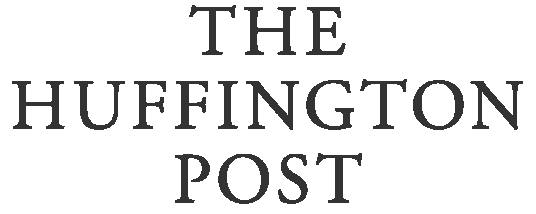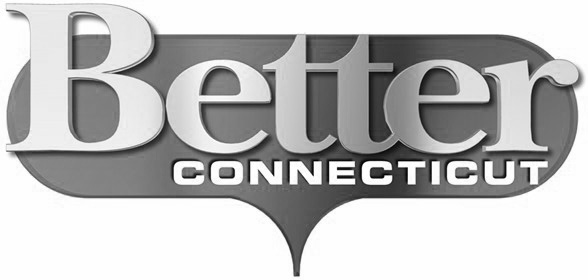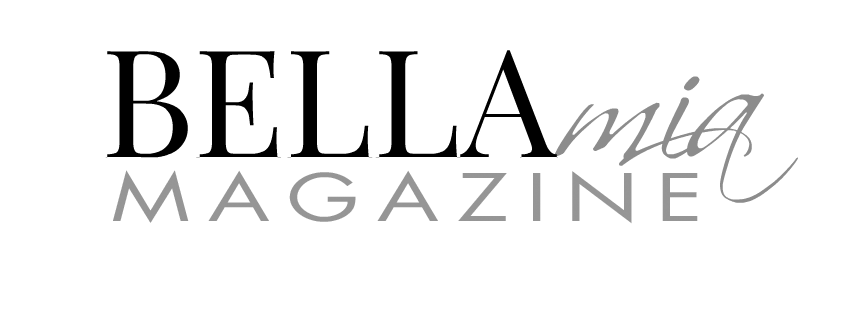
We’ve been trained to believe the best answers about our health come from lab tests, research papers, and expert opinions. The experts know. The data explains. Our own body? That’s unreliable.
But that’s not true.
I say this as someone who spends my days immersed in medical research, analyzing patterns, finding answers, making connections. I trust science. I believe in tests like the Total Tox Burden Test. But science is a tool, not the whole truth.
For all that data can reveal, it can’t tell you what it feels like to live in your body. It won’t tell you why you wake up drained despite perfect lab results or why something feels off even when the results say you’re fine.
We’ve been conditioned to look outward for certainty—to silence what we already know.
That’s the real issue. Not a lack of information but a loss of trust.
Rewriting the Narrative of Healing
Health isn’t just science; it’s narrative. We inherit beliefs. We internalize advice. We follow unspoken rules, often without realizing it.
The dominant one goes like this: Symptoms are problems to eliminate. Doctors know more about your body than you do. Healing follows a linear path of treatments and protocols.
But the body isn’t broken. Symptoms aren’t errors. They’re feedback.
I see it all the time. A client struggles with chronic gut issues. They cycle through elimination diets, probiotics, antimicrobials. Nothing works long-term. The real issue isn’t what they’re missing. It’s what hasn’t been removed. A hidden toxin keeps their system in stress mode. Once that’s addressed, the body recalibrates on its own.
Your body is not against you. It’s communicating with you. The question isn’t whether it’s speaking. It’s whether you’re listening.
The Smallest Viable Shift
More effort isn’t the answer. More supplements, more protocols, more interventions—none of it works if the system is overloaded.
The real question isn’t what else do I need? but what’s in the way?
Sometimes, it’s physical—removing a toxin, addressing a deficiency. Sometimes, it’s emotional—releasing a stress loop, stepping out of survival mode.
The shift that matters isn’t the biggest, most expensive, or most complex. It’s the one that removes the resistance.
Healing happens when the body can stop fighting.
Permission to Heal
The body doesn’t heal because we force it. It heals when it no longer has to defend itself.
We’re taught to push. Try harder. Do more. But healing isn’t about force. It’s about allowing.
A body in survival mode won’t repair. A system overloaded with toxins, stress, and unresolved trauma stays locked in defense. The work isn’t in forcing healing. It’s in removing what’s keeping the body from trusting it can.
And when the body trusts itself again, healing isn’t just possible.
It’s inevitable.
The Future of Healing
We don’t just want more protocols. We want clarity. We want to understand why we feel the way we do.
Trusting our body’s intelligence isn’t about rejecting science. It’s about refining it. A test can measure toxicity, but only you can recognize its effects. Research can validate an intervention, but only you can tell if it’s working.
Lab tests give you numbers. Your body gives you signals.
But signals don’t shout. They whisper.
To hear them, you have to slow down. Long enough to notice. To listen. To trust.
Healing doesn’t happen on demand. It happens when you stop overriding what your body already knows.
And the moment you stop searching for certainty in someone else’s data—when you finally trust what your body has been telling you all along—that’s when everything shifts.





